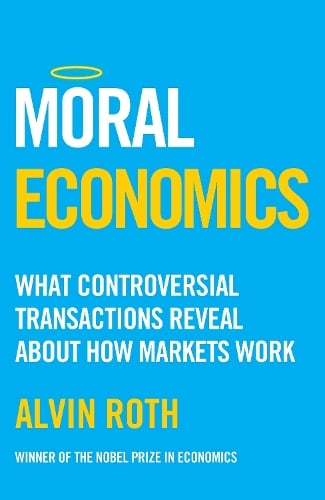My Harvard colleague Ken Rogoff, who is almost certainly undominated in the joint space of competitive chess and academic economics, reflects on the economy during his long career in a new book.
Kenneth Rogoff, Our Dollar, Your Problem: An Insider’s View of Seven Turbulent Decades of Global Finance, and the Road Ahead. Yale 2025
It is reviewed on the website of the Institute for New Economic Thinking --
Education of a Grandmaster By Perry G. Mehrling
I was struck by these paragraphs comparing competitive chess to academic economics.
"As a sometime intellectual biographer myself, I note the repeated chess analogies sprinkled throughout the book, and take them more seriously than Rogoff himself does. Indeed I would suggest that his early chess career, starting in high school, is the important intellectual formation we need to have in mind as the lens for understanding the moves in his second career as an economist. I have already mentioned his self-proclaimed penchant for bucking consensus. In chess everyone knows the standard openings, so to win you need to come up with a new move (on offense) or find a way to defend against your opponent’s new move (on defense). If it works, everyone studies the game and adds it to their own chess repertoire.
"That’s apparently how he understands the academic game as well, albeit perhaps subconsciously, and he was good at playing that game as well. Tenure at Harvard is basically the academic equivalent of international grandmaster status in chess, a status he achieved in 1978 just as he was starting his academic career. In chess, tournaments are where you test your skills against your rivals. In academia, conferences and workshops play an analogous role, and we know who won by subsequent publication placement. (Not nearly as objective as checkmate!) Throughout the book, we hear repeatedly about some of these academic rivalries—versus Stiglitz, Greenspan, Dooley et al, Rey, Summers, Krugman—with brief summaries of the moves that Rogoff made in crucial games. Games with lower ranked players are relegated to footnotes..."








